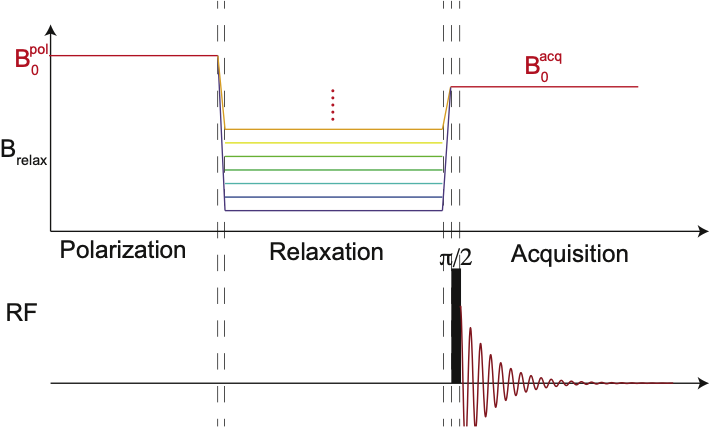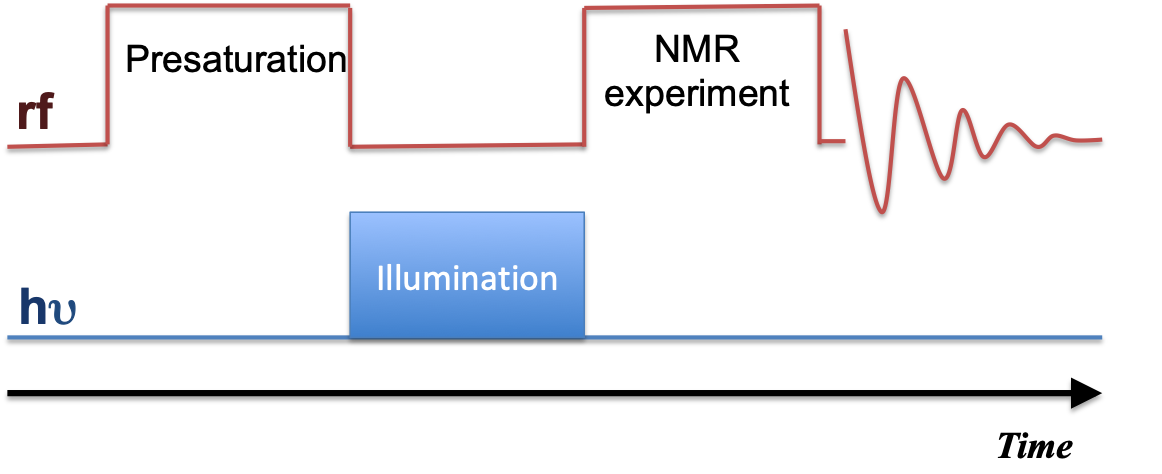Top > Technologies
Technologies
Field-cycling NMR (Nuclear Magnetic Resonance) is a technique that involves changing the magnetic field strength during an NMR experiment. In traditional NMR, a constant magnetic field is applied to the sample, causing the nuclei in the sample to resonate at a specific frequency. However, in field-cycling NMR, the magnetic field is periodically varied over a range of strengths, causing the sample's resonant frequency to change as well. This allows for the observation of additional information about the sample, including its relaxation properties and interactions with the surrounding environment.


